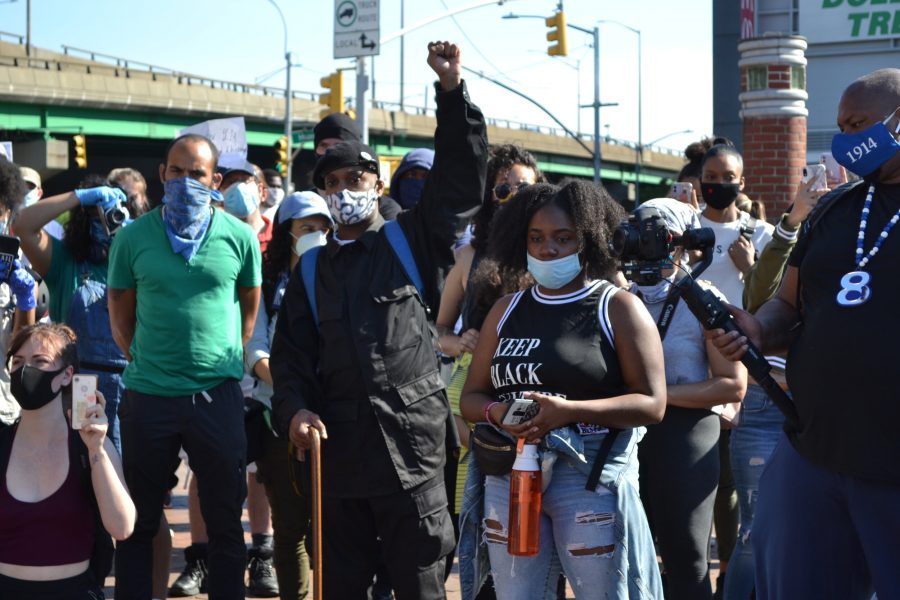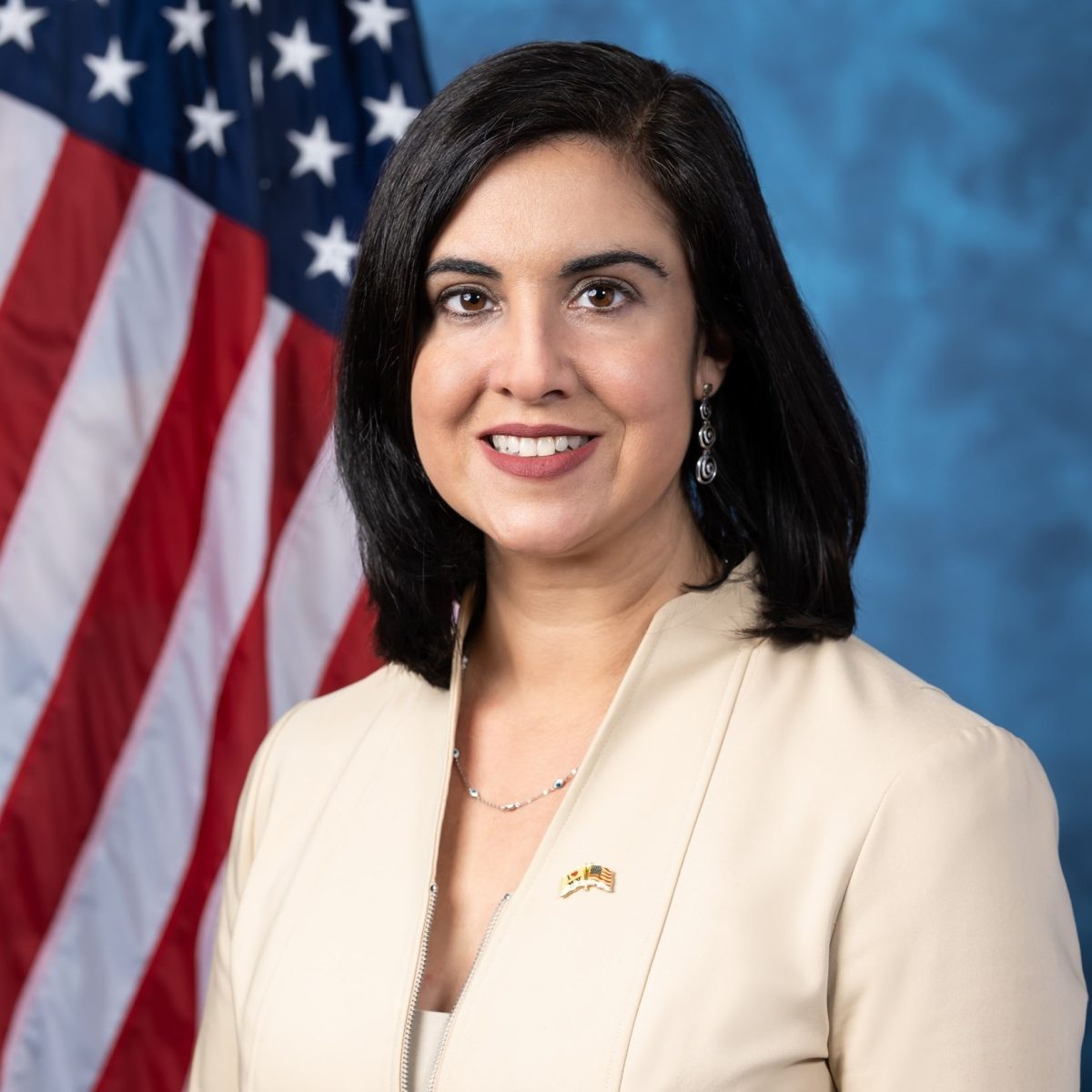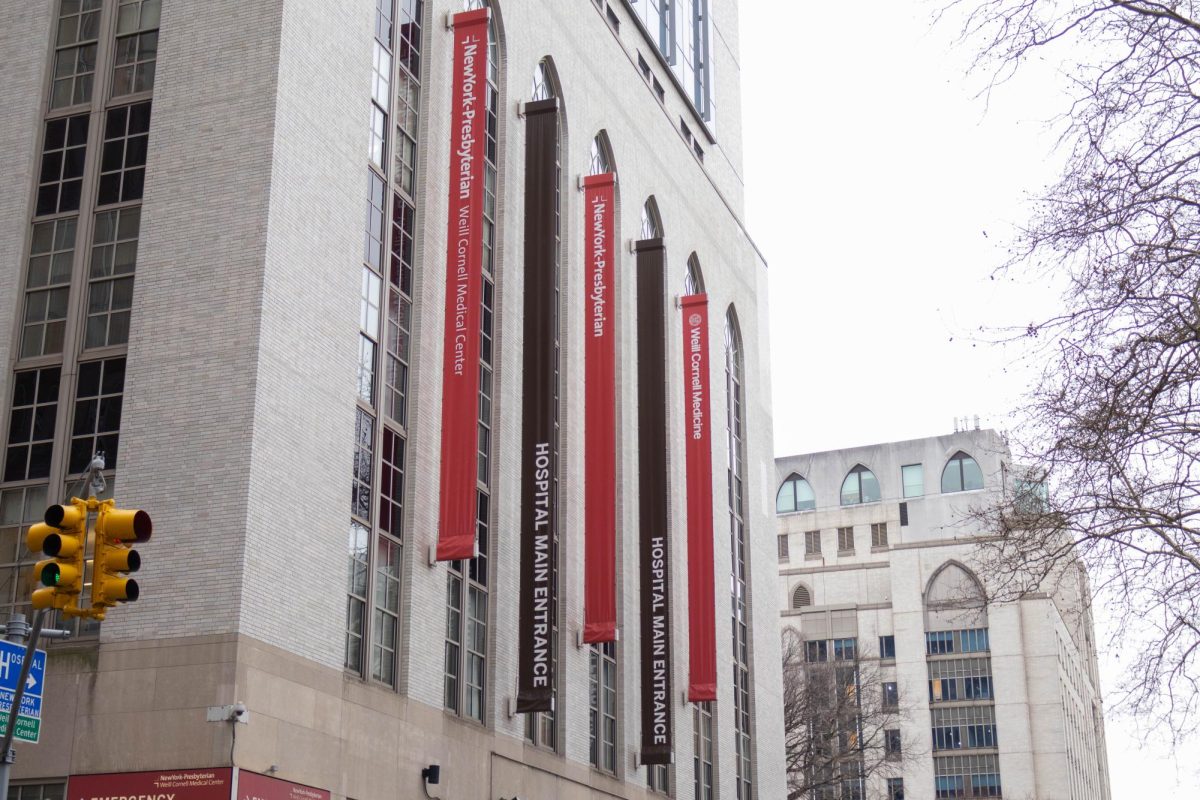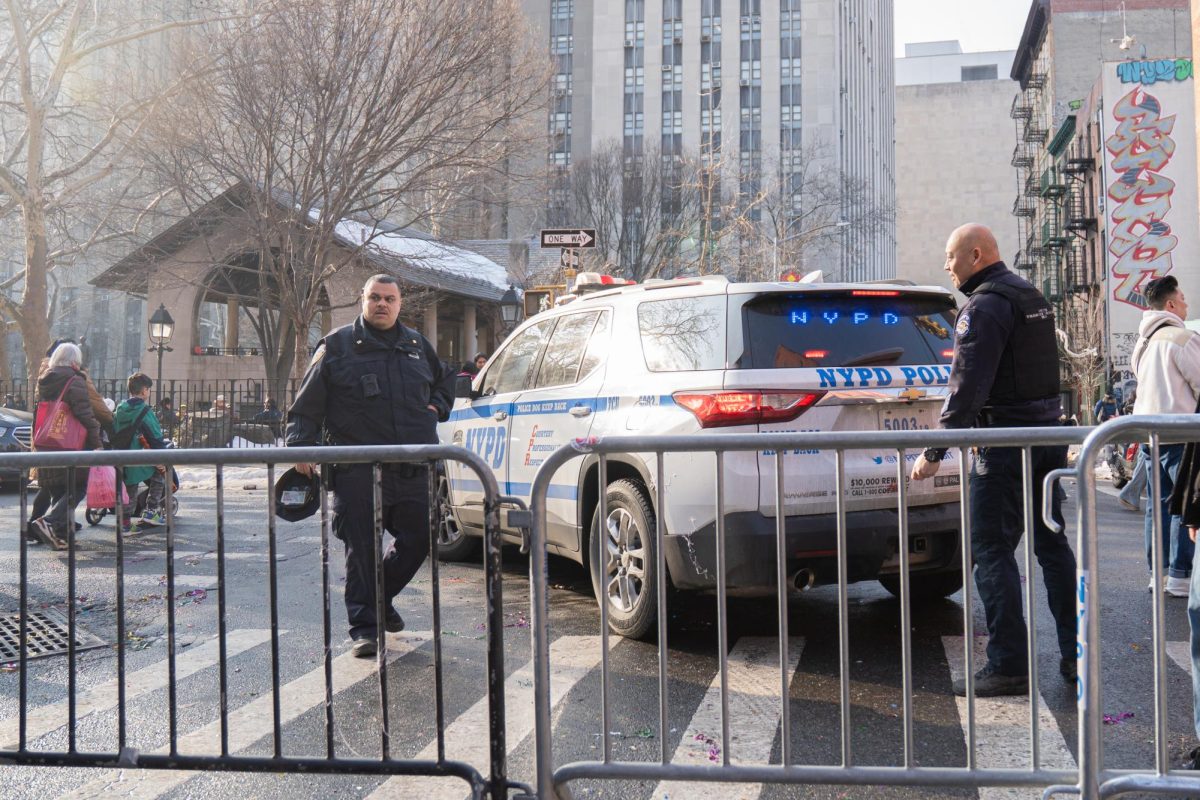Professor Regina Bernard sat at her computer typing an essay about how the COVID-19 pandemic affected her.
While doing her final edits, she saw in her peripheral vision a news story out of Minneapolis about a man she did not know.
A story that has taken over entire streets, entire blocks, entire cities. For 8 minutes and 46 seconds, onlookers watched as George Floyd died with a police officer’s knee on his neck while being arrested. His last words were “I can’t breathe.”
Bernard looked on in shock, tears running down her face and onto her keyboard. What she was currently writing no longer mattered. Instead, it needed to be about those 8 minutes and 46 seconds.
“I think it happened almost immediately,” said Bernard, a professor from the Black and Latino Studies Department who teaches about race, class, urban education and engaged activism.
She wrote her essay, “Why We Can’t Breathe,” for George Floyd. Floyd’s death has shaken an entire nation with a pain that is all too painfully familiar. Bernard herself is still recovering from the deaths of Sean Bell, Anthony Baez, Breonna Taylor and Freddie Gray, all at the hands of police officers.
“Your breathing, my breathing, the rising and falling of lungs in black and brown bodies should not come at the discretion of anyone else. It is not a privilege to breathe,” her essay reads in part.
This excerpt summarizes what happened to Floyd at the hands of police and what has happened to all of those before him.
Her story comes from a personal place, experiencing throughout her lifetime the impact that these deaths have had. Each of these deaths were a new chapter in a book of discrimination. From Floyd, she was reminded of Baez and from him many others spanning decades of discrimination.
“It’s becoming murky,” she wrote. “The names, the incidents, the actual meaning of our liberties and our injustices and our existences, all muddled . . . I think that my heart is broken, still very much broken, for George Floyd, his family and all of the ones that have come before him.” Bernard is a scholar on the subject of race, writing educational books as well as essays covering topics for people of color. Some of her essays are featured in the Journal of Pan African Studies.
Toward the end of her essay, Bernard mentions the troubling fact that she only knew these people’s lives in their final hours.
“Eric Garner, I shed a tear as I watched you die,” she wrote. “I know nothing about you, or about the lives of any people I mentioned, yet I know about the final hours. I saw it.”
Bernard connects to many events that have led to this pain and now blurry history. “I really firmly believe that if we do not recognize our history and admit that we have been involved in some kind of breakdown, in some kind of origin of hate, we can never move forward,” she said.
To her, if progress is to be made, there needs to be a reflection of the institutions that protect us and society as a whole. Right now, the community does not have faith in those institutions and have taken to the streets to create change.
Bernard believes that this is what the protests are about.
“Coming together sort of looking at our humanity working collectively at the table with those who deem themselves authority or those who call themselves in charge,” she said.
“If there are people debating how these protests should run, I think we are missing the point of what it was that the entire nation saw last week,” she said in response to those who believe these protests are invalid. “There shouldn’t be. There really shouldn’t be. I mean we watched a man executed on television; I mean just point blank.”
Much like the deaths before Floyd, change was expected but did not come.“For me, and a lot of us it is a wait and see,” she explained. “Because I know I also watched Eric Garner be put in a choke hold on national television and we thought it was global outrage and the verdict comes out and it’s not.”
Bernard said she is afraid of being too hopeful at this early stage and is waiting like everyone else.
“None of this will bring back any of the dead, but how can we protect the ones in the future I think is the big question,” Bernard said.
Her essay’s final sentence carries a powerful message, shared by many: “Mr. George Floyd, I cried for you last night. I cried for the ones who died before you. I cry for the ones to come. All the crying makes it hard to breathe.”








